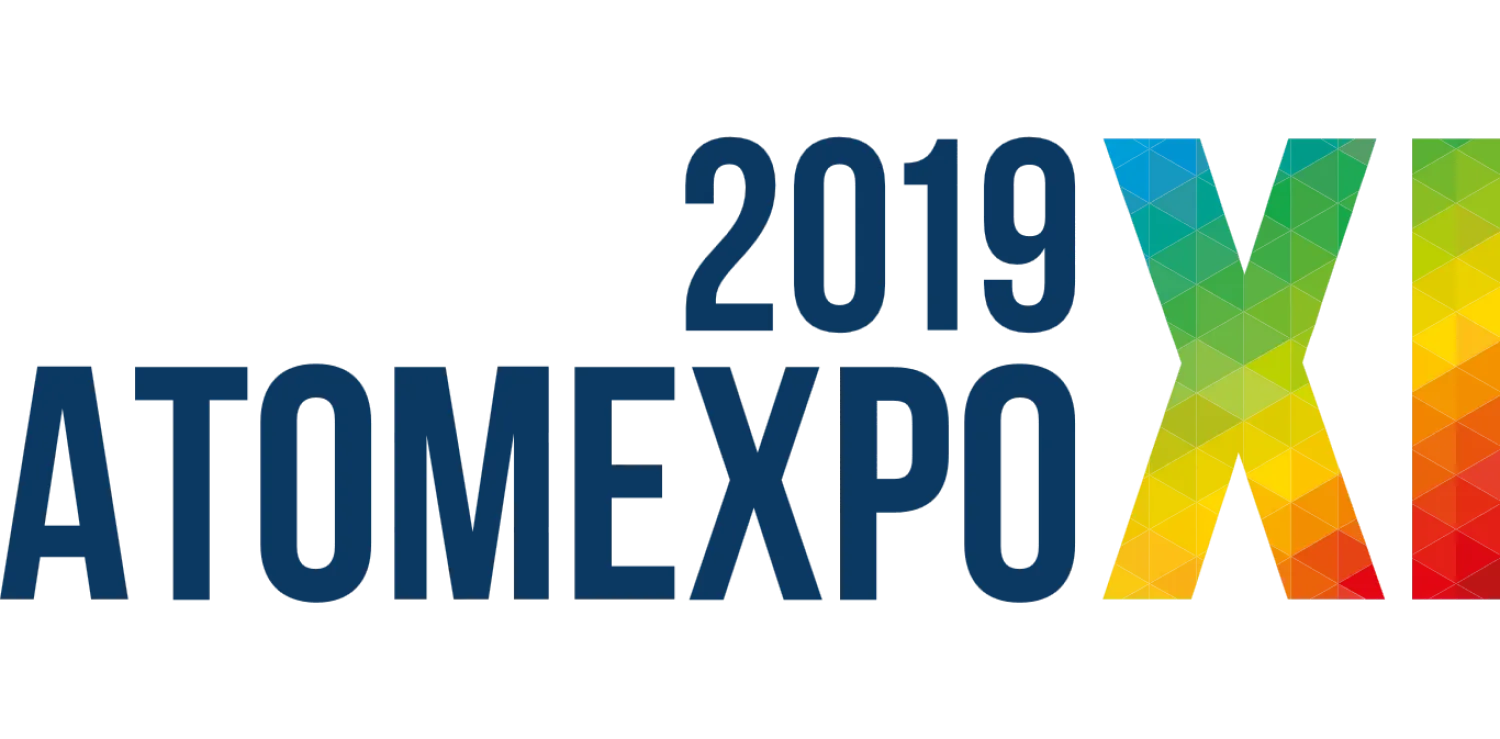Global experts and Arab delegations gathered in the Russian southern city of Sochi for the ongoing 11th AtomExpo. Gatherers held talks with officials of Russia's Rosatom, focusing on the prospects of bilateral cooperation in the field of peaceful usage of nuclear energy.
About 3,600 delegates from 74 countries across the world are attending the two-day forum.
Director General of Rosatom Alexey Likhachev told reporters on the sidelines of the forum that the company was in talks with Saudi Arabia about building nuclear power plants.
Likhachev explained that Rosatom will partake in the Saudi government's tender procedures for building high-capacity reactors. He revealed that discussions are underway on potential cooperation on small-capacity reactors and non-energy nuclear technologies.
In October 2017, Rosatom and the King Abdullah City for Atomic and Renewable Energy signed the Program for Cooperation in the Peaceful Uses of Nuclear Energy.
They expressed their intention to cooperate in the fields of implementing small and medium-sized reactors (SMR) and developing nuclear infrastructure.
They also discussed the prospects of establishing a nuclear science and technology center in Saudi Arabia based on a similar Russian research center.
Rosatom is also in talks with other Arab countries, including the United Arab Emirates, Jordan and Qatar, on the possibility of using nuclear energy technology.
Meanwhile, the Expo witnessed progress in cooperation between Russia and Egypt in the nuclear field.
"TVEL Fuel Company of Rosatom and the Egyptian Atomic Energy Authority signed the contract for supply of uranium-made components of reduced-enrichment nuclear fuel for ETRR-2 research reactor in Egypt," the Russian company said in a press release obtained by Asharq Al-Awsat.
According to TVEL, the fuel components will be produced by its subsidiary, Novosibirsk Chemical Concentrates Plant and will be used for manufacturing nuclear fuel for the ETRR-2 reactor at Egypt's Nuclear Research Center in Inshas.
The reactor is involved in research in particle physics, materials engineering and production of stable isotopes.
The cooperation between Russia and Egypt in the nuclear field is progressing rapidly, and el-Dabaa nuclear power station in Egypt is the only project implemented by Rosatom in the Arab world so far.
Senior Vice President for Commerce and International Business at TVEL Oleg Grigoriev noted that the prospects of developing the commercial business of TVEL in the Egyptian market are related to providing el-Dabaa with nuclear fuel.
In addition, Grigoriev pointed out that the Central Institute for Engineering Design, also part of TVEL, will contribute to a project to establish a dry container to store the nuclear fuel consumed at el-Dabaa as a subcontractor.
In 2017, Egyptian President Abdel Fattah al-Sisi and Russian President Vladimir Putin announced, during the latter’s visit to Egypt, the signing of the agreement to build el-Dabaa plant. Under the agreement, Russia's Rosatom is building the nuclear plant which includes four units, each with a capacity of 1,200 MW.
The project is being implemented within seven years, with the first phase being delivered between the end of 2019 and the beginning of 2020.









